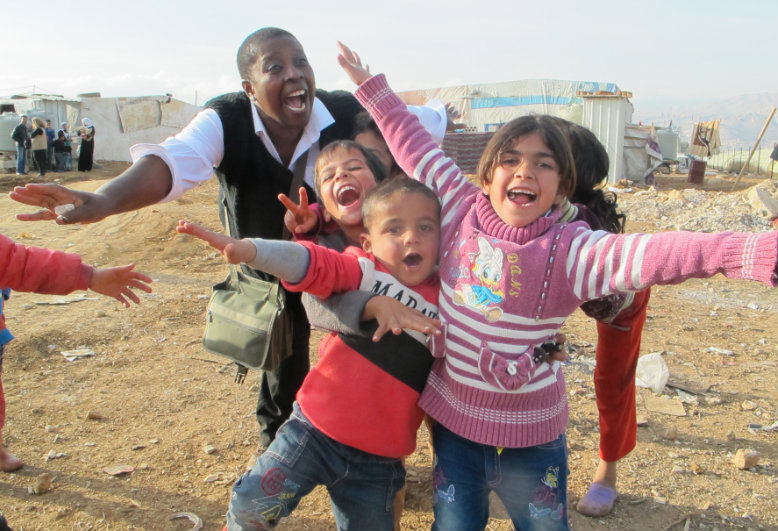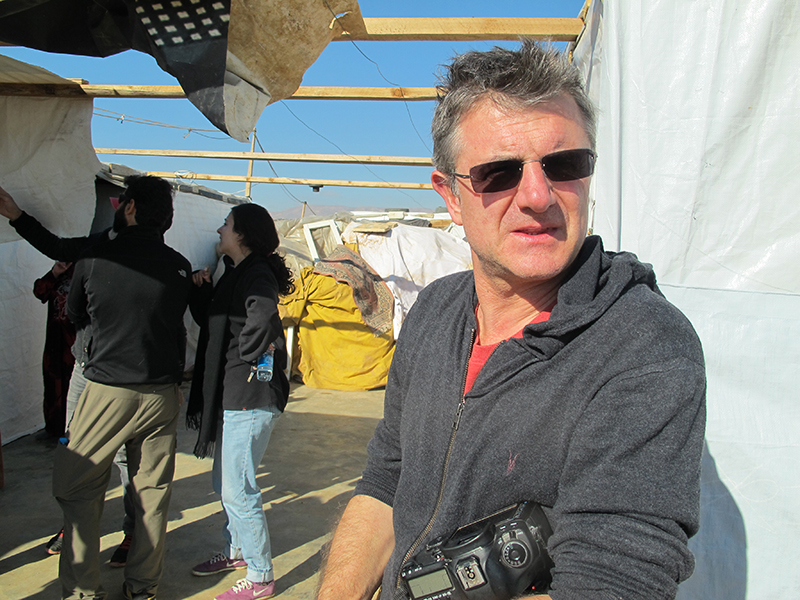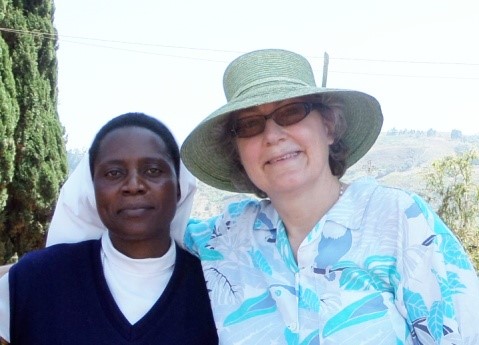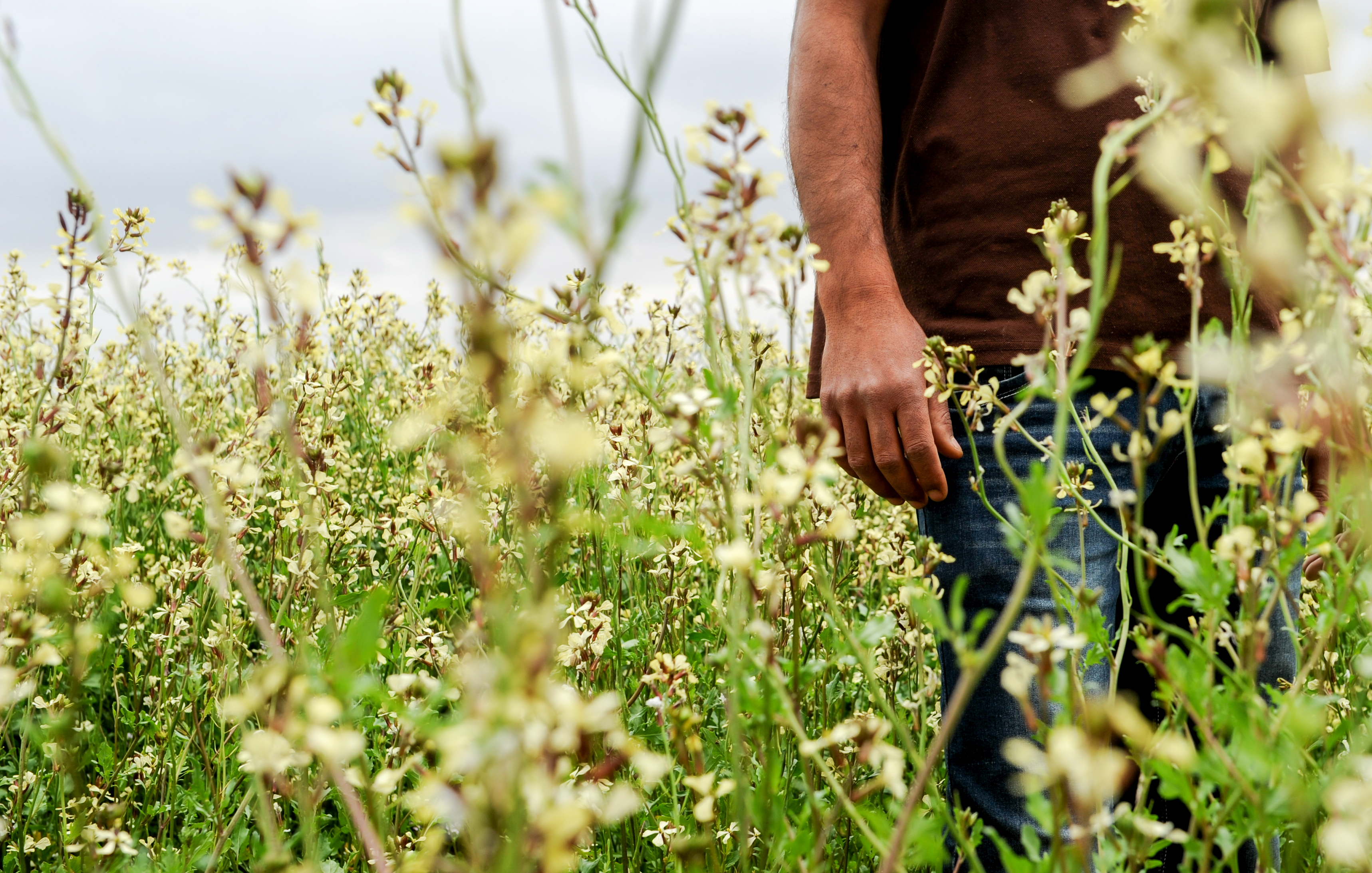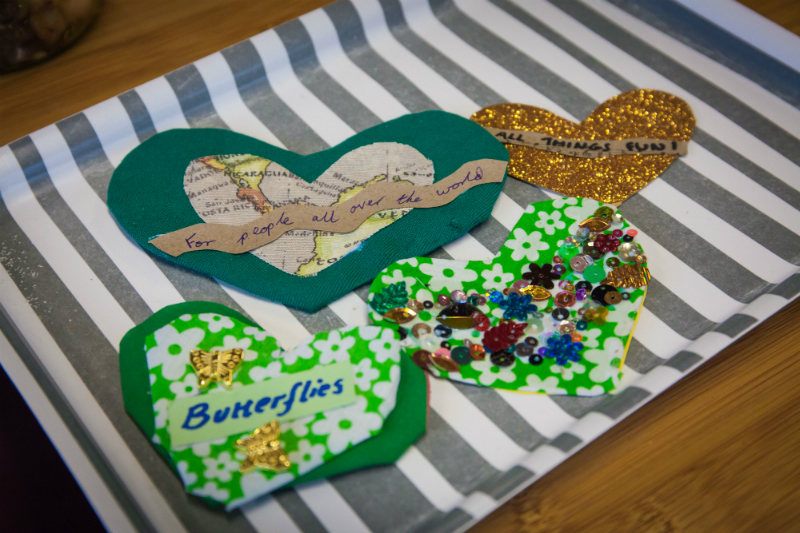Youth leaders: Hannah reflects on the European refugee crisis
February 5, 2016
Hannah Remm is a youth worker at The Briars, the residential youth centre for the Diocese of Nottingham. Over the past year Hannah has been involved with CAFOD’s ambassador scheme, and recently she gathered with other youth leaders to spend time reflecting on the current refugee crisis and CAFOD’s response in Syria and Europe.
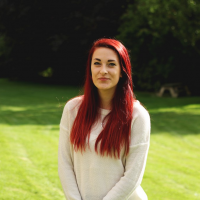
As a part of our CAFOD Ambassadors scheme, we a day at the CAFOD office at Romero House discussing the topic of refugees. We looked at the language we associate with refugees, the stories that we had heard in the news and on social media along with other information about the European refugee crisis. Some of the things discussed did shock me a little, especially when we looked at how often the media portrays refugees in in a dehumanising way, such as the refugees in Calais living in ‘The Jungle’ camp, or politicians referring to them arriving in ‘swarms’. As a group we realised that the language we use is so important. Refugees are still people – people with families, emotions, hope and dreams just like us. Continue reading “Youth leaders: Hannah reflects on the European refugee crisis”

